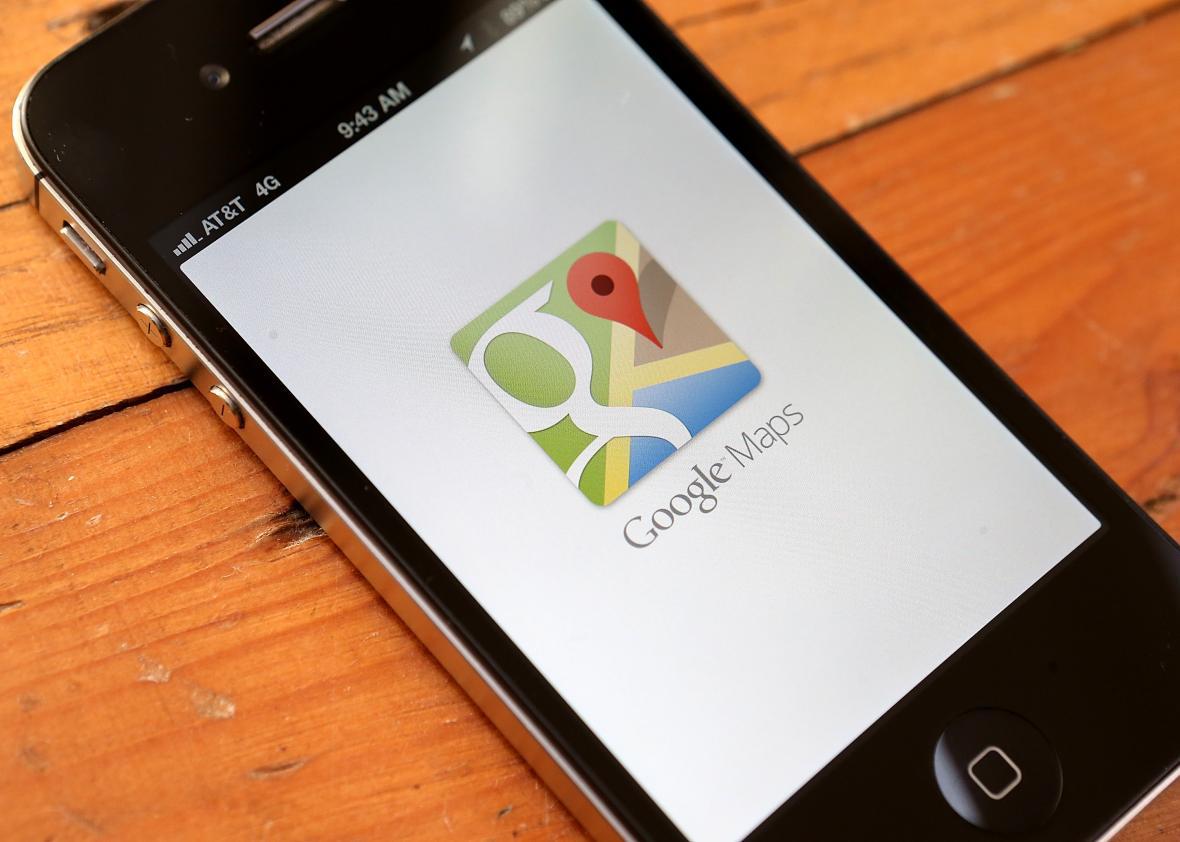Take a moment and try to remember where you were 24 hours ago. Maybe you’re a creature of habit and it’s easy to guess. Or maybe, like me, you can’t quite recall whether you were at work, at home, or somewhere in between. Either way, if you had your cellphone with you, it would be astonishingly easy for someone with the right access to pin your location down. Thanks to a recent court decision, however, that information just got a lot harder to examine for many in the United States.
In an order released Thursday by the U.S. District Court for the Northern District of California, Judge Lucy Koh found that Fourth Amendment protections extend to location data generated by cellphones. Ruling against the federal government, Koh affirmed that law enforcement agencies must seek a warrant before acquiring historical location data produced by a cellphone.
As Koh explains, modern phones constantly ping cellular towers, even when they’re not actively in use. Thanks to these regular connections, they generate a steady stream of data about their physical location—sometimes even when the user turns off location services, a fact that the American Civil Liberties Union stressed in an amicus brief. Koh notes that many users may be unaware of how much information they’re giving up as they move through the world. This data, which is known as cell site location information, or CSLI, can be important to legal investigations.
In the past, courts have largely avoided the issue of whether CSLI should be readily available. Koh writes, “Neither the U.S. Supreme Court nor the Ninth Circuit has squarely addressed whether cell phone users possess a reasonable expectation of privacy in the CSLI, historical or otherwise, associated with their cell phones.”
Previous relevant cases were mostly built around more basic technologies. In 1983, for example, the Supreme Court held that an individual’s movements along public thoroughfares could be tracked via his or her beeper. A year later, the court clarified and restricted this decision, stressing that it did not apply when a user was within his or her private home.
Koh’s decision ultimately turns around the increasingly central role that cellphones play in almost all of our lives. “For many,” she writes, “cell phones are not a luxury good; they are an essential part of living in modern society.” That’s in keeping with recent case law, which increasingly holds that we shouldn’t have to choose between participating in the contemporary moment and maintaining our privacy. For instance, in 2014 the Supreme Court ruled, in Riley v. California, that law enforcement needs a warrant to search a person’s cellphone as part of an arrest.
Of course, not everyone agrees. Earlier this week, a Cincinnati appeals court found that you have no reasonable expectation of privacy if you accidentally butt dial someone. As Slate’s Lily Hay Newman explained, the judge in that case held that being overheard during a butt dial is a bit like having an argument near an open window.
That may be, but as cellular technologies grow more and more sophisticated, they offer an increasingly complex picture of our lives, furnishing what Justice Sonia Sotomayor calls “a wealth of detail about [a person’s] familial, political, professional, religious, and sexual associations.” (Koh cited that line in her ruling.) Because it can paint a picture of “the sum of one’s public movements,” CSLI makes it difficult to clearly distinguish between public and private experience. As these ambiguities multiply, powerful, clear decisions like Koh’s will become all the more important.
